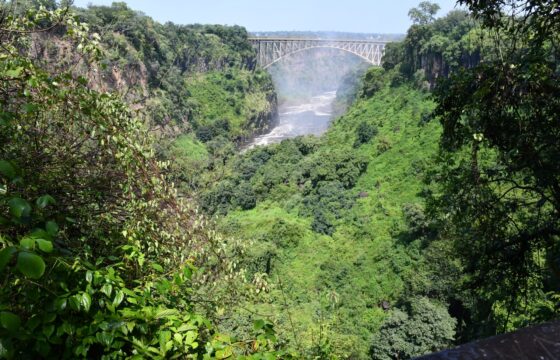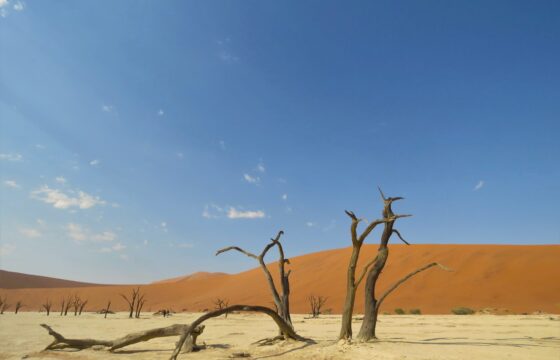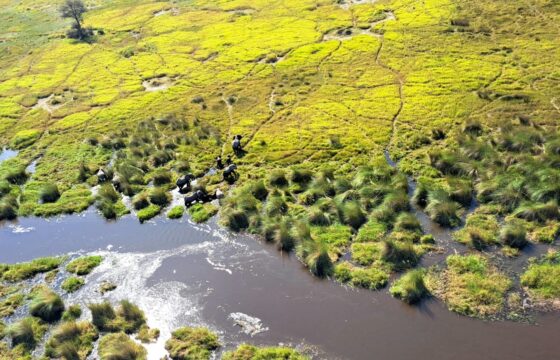Nestled within the heart of Botswana lies a natural wonder unlike any other: the Okavango Delta, an inland oasis of unparalleled beauty. Recognized as a UNESCO World Heritage Site in 2014, the delta stands as a testament to the captivating power of nature.
What sets the Okavango Delta apart from other destinations? Let’s delve into its unique allure.
Arrival Point of Okavango Delta Water: Inundation and Desiccation.
While Botswana’s rainy season typically spans from November to May, the dry season from June to October witnesses a scarcity of rainfall. During this period, wildlife congregates around dwindling water sources, relying on the annual blessing from the heavens.
Like a divine gift, rainwater from Angola gently flows down the Okavango River into the Okavango Delta, meandering through Namibia before converging upon Botswana.
Yet, unlike conventional rivers that flow into oceans, much of this water evaporates into the dry Botswana landscape, creating a labyrinth of narrow channels that define the distinctive shape of the delta, resembling an intricate fingerprint etched by nature’s hand.
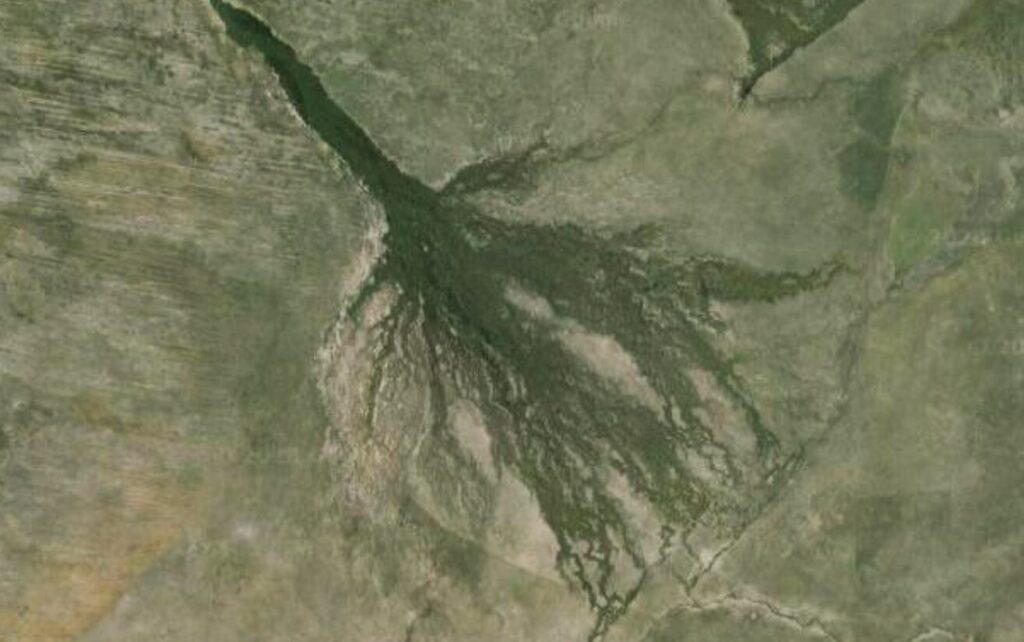
The Unique Lifecycle of the Ecosystem
In the Okavango Delta, a significant portion of the water remains in a state without drainage. Especially in the upper areas where water tends to accumulate, it remains in place. This is what defines wetlands.
The Okavango Delta nurtures a diverse ecosystem teeming with rare flora and microorganisms found nowhere else in Botswana. Moreover, the delta experiences a distinct water cycle, separate from seasonal rains, ensuring a perpetual rhythm of life for its inhabitants.
The Beauty of the Okavango Delta, Preserved by Limited Development
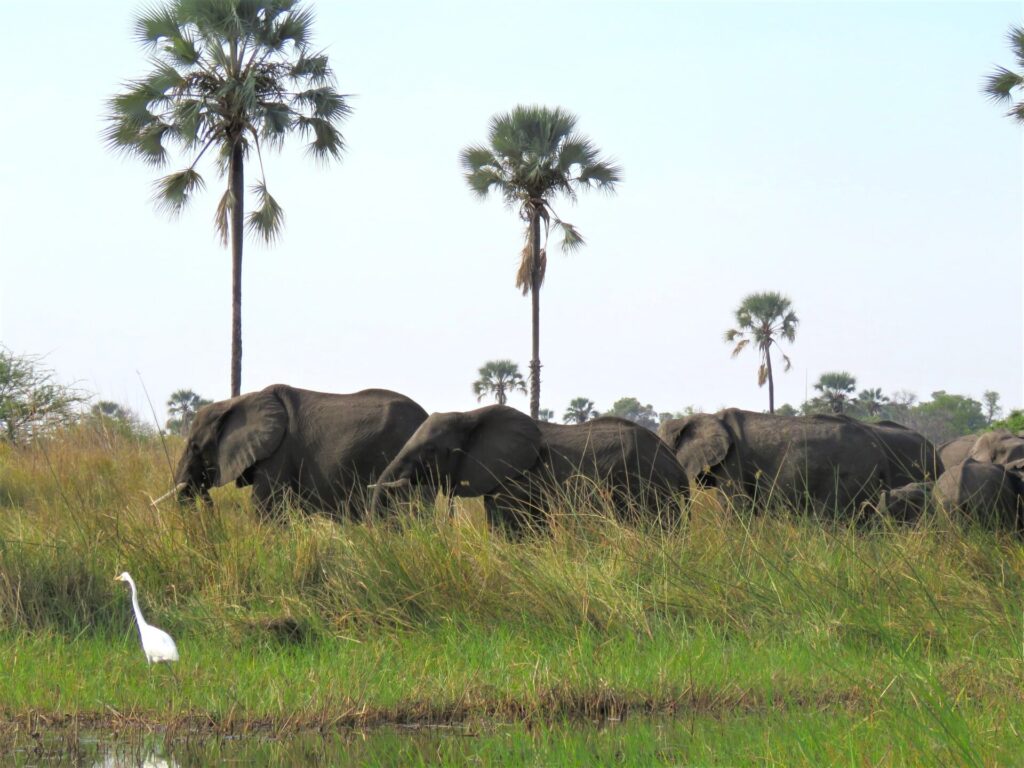
Protected under Botswana’s stringent wildlife conservation laws, the Okavango Delta remains unblemished by extensive development. Thanks to its vast expanse and remote accessibility, the delta has largely evaded the grasp of urbanization, preserving its pristine beauty for generations to come.
Tourism within the delta is carefully regulated, with access limited to small-scale tent camps adhering to strict environmental standards. This sustainable approach minimizes ecological disruption, ensuring that the delicate balance of the wetlands remains undisturbed. Furthermore, the Okavango Delta’s water source originates in Angola and Namibia, overseen by the Okavango River Basin Commission (OKACOM). Through collaborative conservation efforts, the impact of upstream dams and water extraction on the delta’s ecosystem has been mitigated, safeguarding its natural splendor.
While concerns persist over dwindling rainfall due to global climate change, we remain hopeful for the continued preservation of this remarkable ecosystem. The Okavango Delta stands as a testament to the resilience of nature, an enduring beacon of biodiversity amidst an ever-changing world.

